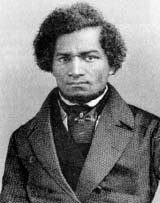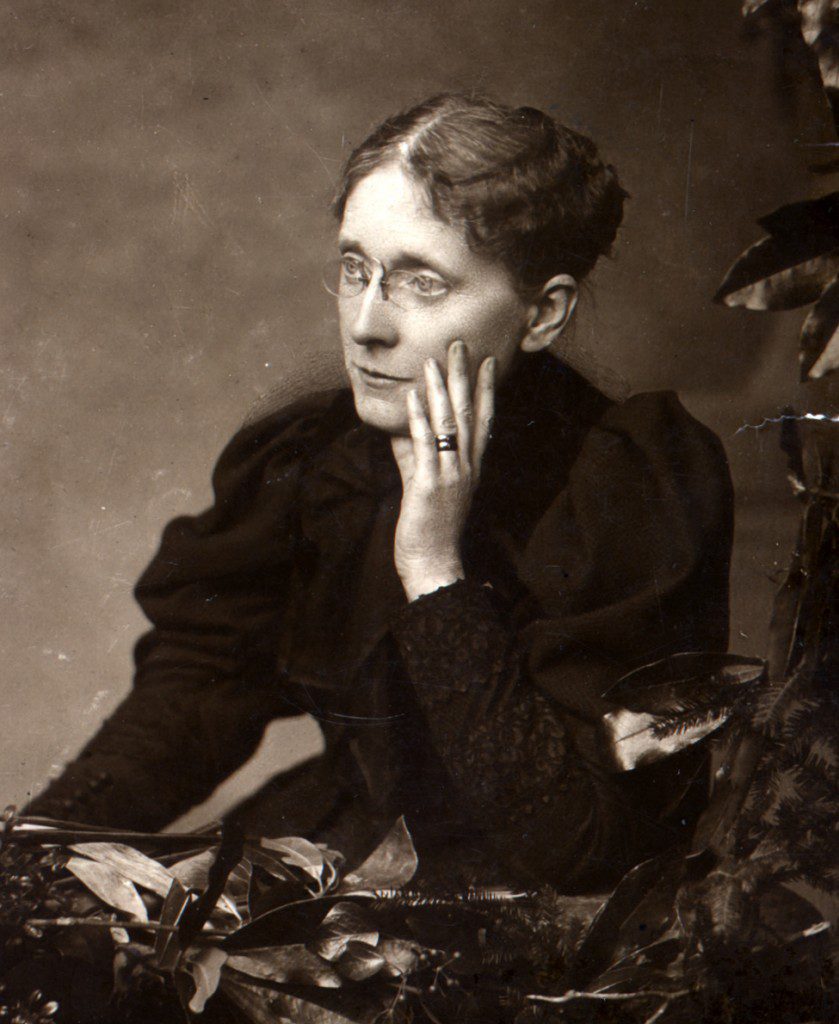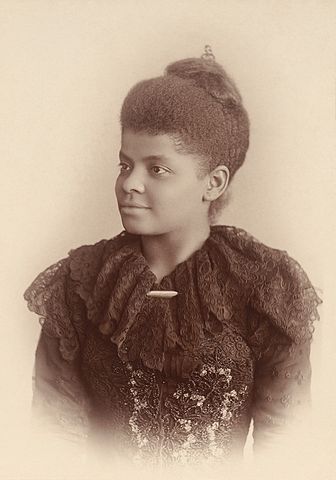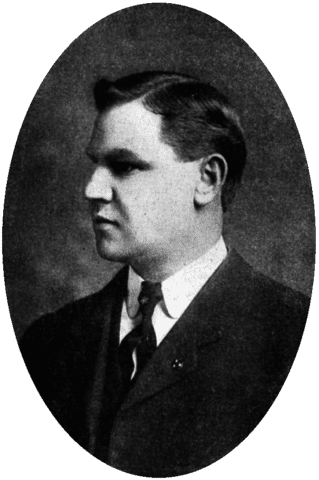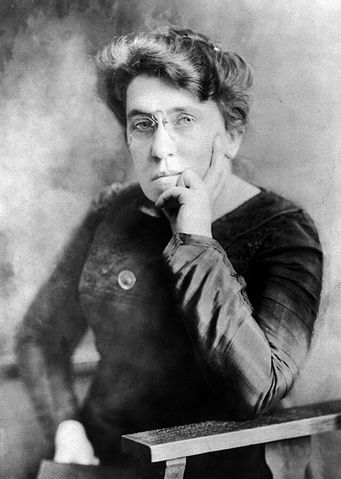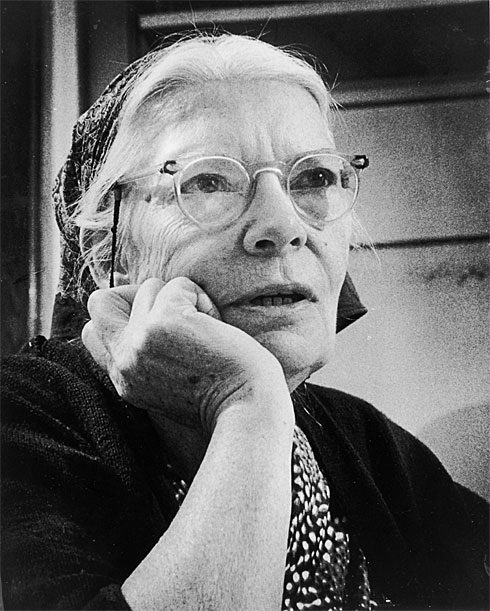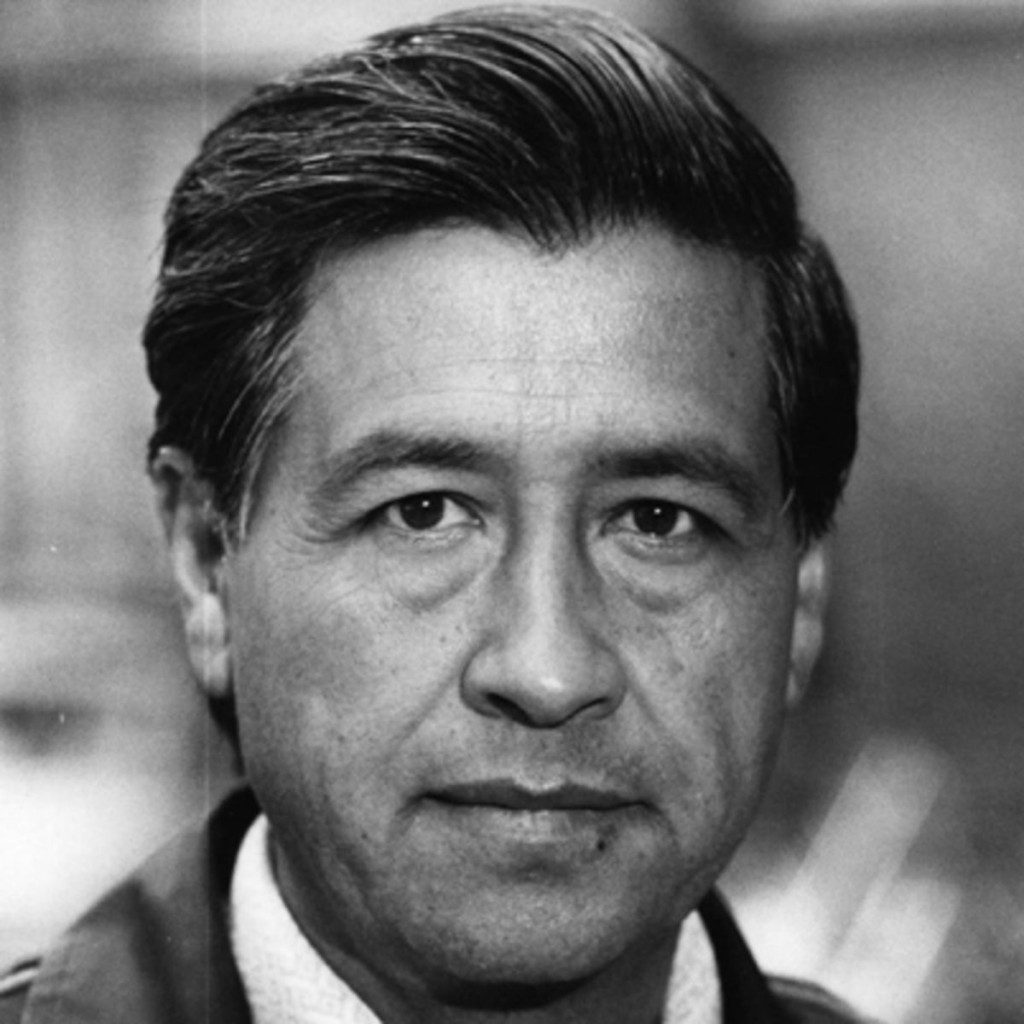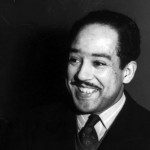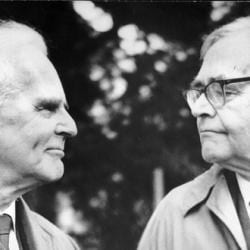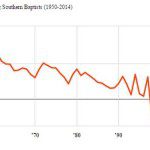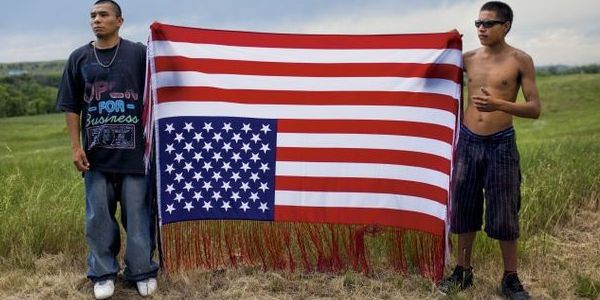
There’s a paradox to the greatness of America. The people who make it great are not the ones who say that it’s great, but the ones who are working to make it better. There’s no point in having a democracy if the status quo is not under perpetual scrutiny and challenge. My favorite protest chant of all time was one that we came up with in front of the Saginaw, Michigan courthouse in March 2003 as the US was invading Iraq: This is how we defend our freedom! I don’t mean any disrespect to my military friends, but the most important way we defend our freedom is through fighting for our rights. And it’s the people who have risked their lives to challenge the status quo that make our country great. Here are seven American radicals whose work has been critical to making America great, but you probably won’t hear much about them on July 4th.
1. Nat Turner
Nat Turner was a slave in Southampton County, Virginia. He was extremely intelligent and very religious. He led Baptist worship services on his plantation. When he was 22, he started to have visions from God that would give him insight about what he was supposed to do. In 1831, he believed that God was calling him to lead a revolution against the slave owners in his area which he began in August of that year. He was ultimately captured and executed, but his fearless leadership made him a hero in the abolitionist movement.
2. Frances Willard
Frances Willard was a Methodist women’s suffragist and the president of the Women’s Christian Temperance Union. Her fight for prohibition was sparked largely by her brother’s alcoholism which ruined their family. She also saw the way that liquor consumption was destroying the working class. In her eyes, alcohol was the primary catalyst in domestic violence. She saw prohibition and women’s suffrage both in terms of safety and justice for women. She was one of the first feminist interpreters of the Bible.
3. Ida Wells
Ida Wells was born as a slave in Mississippi. After her family was freed, her parents got really involved in Reconstruction-era politics. She went to Shaw University but was kicked out after getting into an argument with the college president. When she was ordered to give up her first class seat on a train in 1884 because of her race, she refused and had to be carried to the next car by 3 men. She sued the railroad company and won, but the Tennessee Supreme Court overturned the ruling. She became a teacher, a journalist, and a leader in the fight against lynching. She was one of the initial founders of the NAACP.
4. Big Bill Haywood
Big Bill Haywood was the founder of the Industrial Workers of the World. He started off working in silver mines under brutal conditions. Haywood believed in building industrial unionism, where all the workers in a particular industry would be unified together regardless of their particular skill levels or trades, instead of craft unionism, which organized each trade independently. He was a strong advocate of direct action as a means of protest and building interracial solidarity among workers. His biggest fight was for the 8 hour workday that we take for granted today.
5. Emma Goldman
Emma Goldman was a Russian immigrant anarchist radical who was active in a number of struggles related to labor, women’s rights, and free speech. While she was contemporary with the women’s suffrage movement, she distanced herself from them since she considered their focus on the vote to be overly bourgeois. Goldman questioned everything about the structure of society: capitalism, religion, marriage, etc. She was one of the few who protested against World War I. She was an early advocate of birth control. When she was criticized for dancing at a gathering of anarchists, she famously said, “If I can’t dance, it’s not my revolution.”
6. Dorothy Day
Dorothy Day was the founder of the Catholic Worker movement. It was a group of Catholic anarchists who were founded in the 1930’s because the church wasn’t doing enough to support the working class. The Catholic Worker newspaper was an important engine for faith-based radicalism. In addition to the newspaper, Catholic Workers live in intentional poverty in hospitality houses where they would provide shelter to homeless people and do community organizing in marginalized neighborhoods. They also have farms that distribute produce to urban food deserts. In addition to her commitment to the poor, Dorothy Day was a staunch pacifist who even protested World War 2.
7. Cesar Chavez
Cesar Chavez was the founder of the United Farm Workers union. Working conditions for the mostly immigrant farmworkers in California were very brutal. Chavez was able to win union contracts through national boycott campaigns. Chavez was very religious. One of the things he often did in tandem with his activist work was to fast for long periods of time as a means of spiritual preparation for labor battles. Chavez was instrumental in bringing an end to the bracero program by which Mexican nationals were imported to work US farms without any labor rights. Chavez also had a key role in orchestrating the 1986 national immigrant reform legislation.

